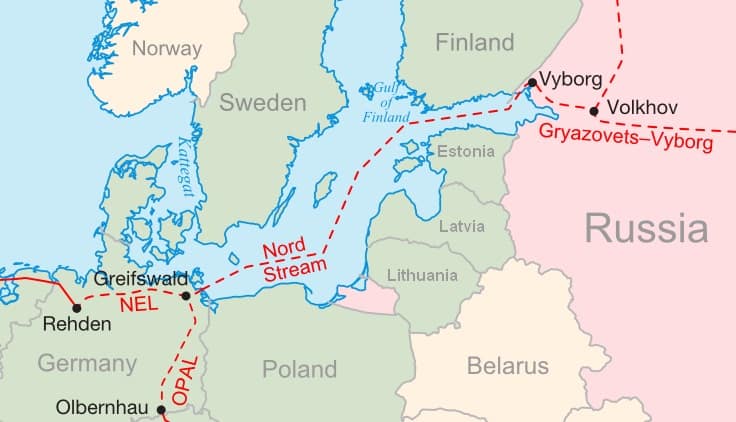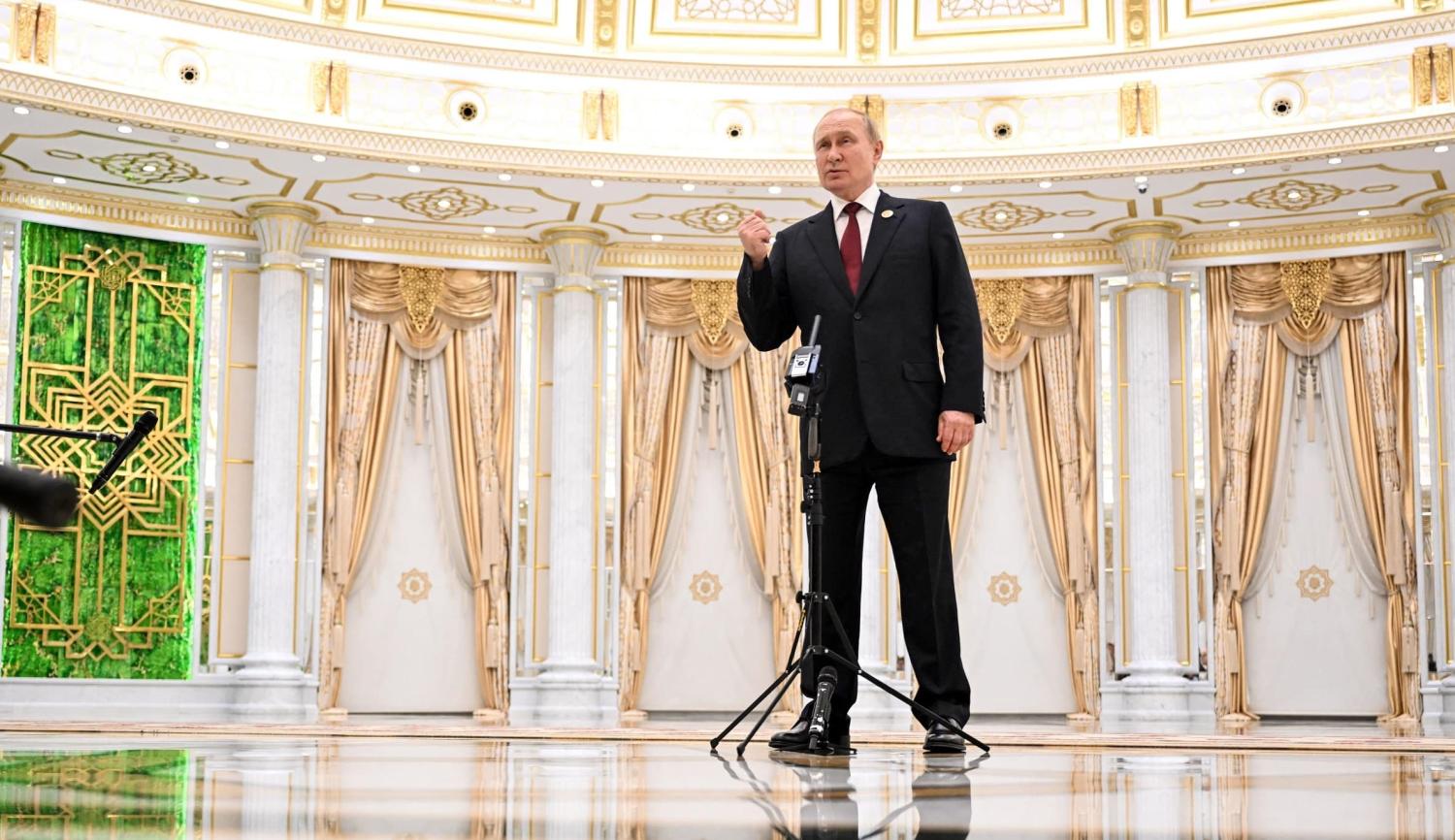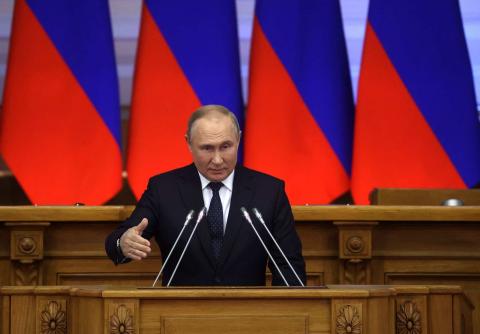Five months into Moscow’s “special military operation”, Russian and Ukrainian forces are locked in a grinding war of attrition. Russian forces are making progress, fighting to take full control of the Donbas, but only slowly and unevenly in the face of dogged Ukrainian resistance. Yet in any protracted conflict, what’s important is comparative force resilience and sustainment, as much as territory won or lost.
The motivation and tenacity of Ukrainian forces has been impressive, if unsurprising – after all, they’re fighting for their country’s survival. But Kyiv faces growing pressure on resources, both military and financial. Outgunned by Russia, Ukraine has focused on holding the Russians at bay, awaiting more Western equipment, especially artillery. But Ukraine has suffered substantial losses of men and materiel. Advanced weaponry provided by the West is making a difference, especially High Mobility Artillery Rocket Systems (HIMARS), striking key targets in Russia’s rear positions. But there are complaints Western military assistance is arriving too slowly and in insufficient quantities.
Ukraine’s budget is under severe pressure, with the collapse in economic activity – expected to contract by 45 per cent this year – and loss of export income from blockaded grain and steel. Ukraine needs at least US$5 billion a month to plug its budget shortfall, but funding from external donors falls well short of this.
Russia too has incurred heavy losses of men and equipment. Without general mobilisation, which would raise domestic political risks, there are severe constraints on the military’s manpower. And the army is having to deploy obsolete equipment to replace its losses. But none of this yet affects Russia’s capacity to carry on fighting in Ukraine.
Russian President Vladimir Putin doesn’t seem under any political pressure domestically. Propaganda, fear and apathy have muted public concern in Russia about the war. Buoyed by continuing high oil revenues, the economy has proved resilient and adaptable – although the impact of sanctions, falling investment and loss of skilled workers will become apparent over time. Internationally, Putin has sought to offset Western ostracism with his BRICS and Caspian summits in June, and meetings with Iran and Turkey (although relations with both remain complex). Putin believes time is on his side, and exudes apparent confidence. He’s calculating that Western support for Ukraine will weaken as the conflict drags on, forcing Kyiv to sue for peace.

This is not a fanciful notion.
Ukraine depends heavily on substantial Western military and financial assistance to sustain its war effort. In impressive shows of unity at the recent G7 and NATO summits, Western states pledged their continuing strong support for Ukraine. But economic and political circumstances will test the resolve of Western governments over coming months. Rising inflation, reflecting increases in energy and food prices (partly resulting from the Ukraine war), is causing economic pain – and thus political difficulties – for the US and European governments, such as Italy. Dealing with these domestic problems will now be their main preoccupation, pushing Ukraine off the front page.
And Putin is confident that Europe’s heavy dependence on Russian gas gives Moscow considerable political leverage, especially as the northern winter approaches. As a reminder, Moscow has first slowed and now stopped (for “maintenance”) gas flows via the Nord Stream 1 pipeline. Europe is trying to reduce demand and diversify supplies. But for some, including Germany and Italy, it will be very hard to plug the gap left by Russian gas should supplies from the east be curtailed this winter.
Doubts persist too in some quarters about the depth of support for Ukraine from certain European states (including France, Germany and Italy) and their concern not to cut their bridges entirely with Russia but leave Putin an off-ramp. Kyiv suspects some Western partners are calibrating their military assistance to Ukraine for political reasons: aiming to provide Ukraine with sufficient weaponry to prevent Russia winning but not enough to defeat (and humiliate) Russia. Even the strong support from the United States for Ukraine cannot be taken for granted – especially if November mid-term elections return a Republican majority in which MAGA nativists wield greater influence.
Could Putin try to exploit these circumstances?
Russia might press hard over coming months to secure full control of the Donbas, and then propose a ceasefire and negotiations to Kyiv. Notwithstanding their pledges of support for Kyiv, this could tempt some Western capitals, weary of a protracted conflict and struggling with serious economic and political difficulties, to encourage Kyiv to settle. Such an outcome would entrench Russia’s territorial gains in eastern and southern Ukraine, allowing Putin to declare victory domestically. It would give Moscow time to rebuild its military and seek relief from Western sanctions (in return for assuring gas supplies to Western Europe). And provide Putin with a stronger foothold to sustain pressure on Kyiv politically, undermining Ukrainian sovereignty.
If Ukraine rejected such a ceasefire, Putin might calculate it would complicate Kyiv’s dealings with its Western backers. In any event, beyond manipulating his chokehold on Europe’s gas supplies, Putin will surely be exploring all ways of weakening the resolve and promoting divisions within, and between, Western governments.
Standing firm and staying the course on Ukraine is vital but will require strong nerves by Kyiv’s Western backers.

